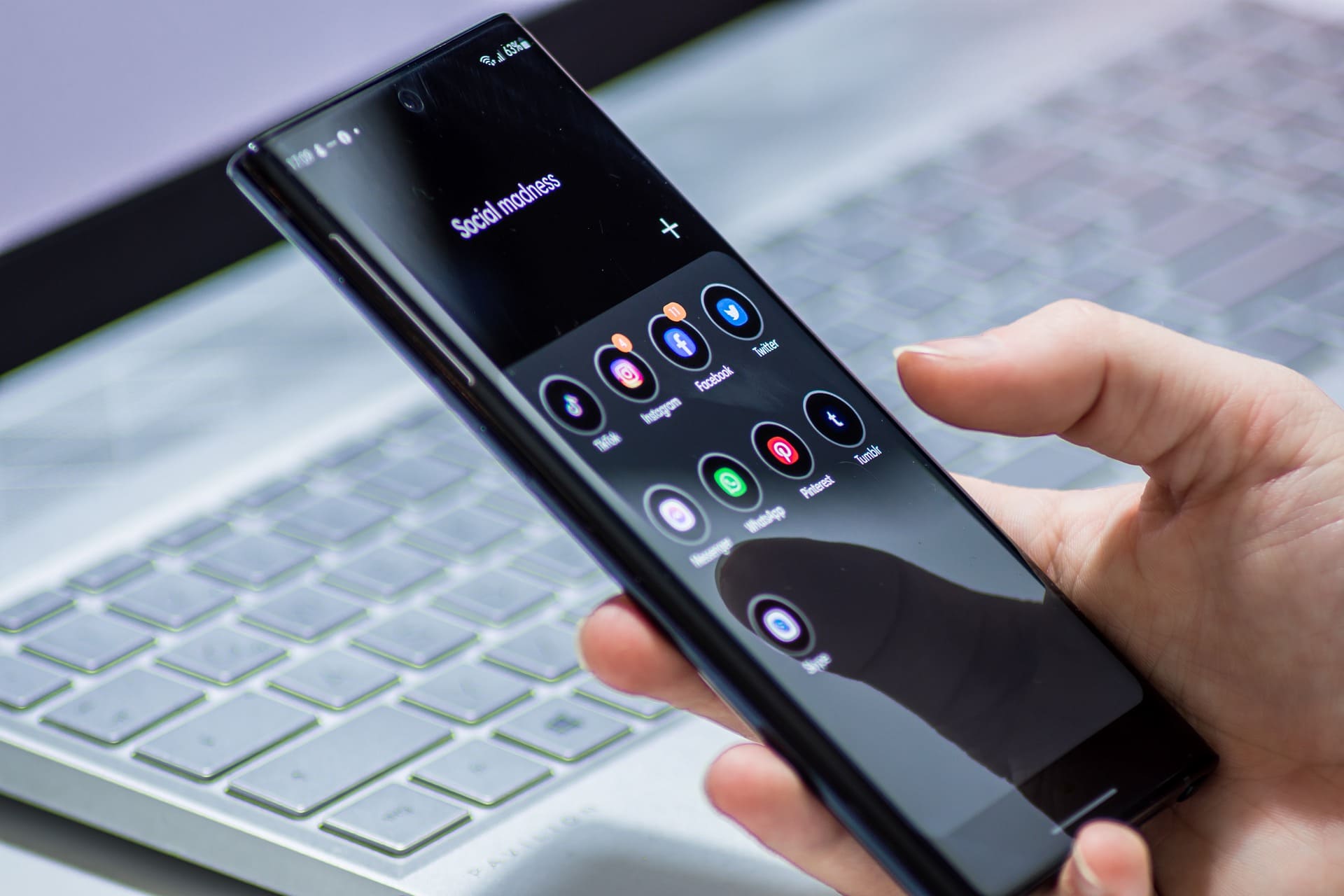Mobile applications have opened many doors of opportunities for businesses in various fields, since their birth. This is one of the reasons why it is still considered to be an on-demand technology among users and it shows no signs of shifting from its current position any time soon.
Statistics predict that annual mobile app download will reach 258 billion by 2022 increasing almost 45% downloads from 2017. This number is expected to grow further in the following years.
This figure clearly shows the heavy demand for mobile apps which attracts businesses of all sizes to make a huge amount of investment in the mobile app industry. Starting from startups to large enterprises everyone is pouring their hard-earned money into this trending technology.
5 Mobile App Development Trends to Watch in 2022
With technological advancements, mobile apps get revolutionalized almost every year. This means mobile apps that worked in 2020 might not be able to achieve the same results in 2022. That is why it is crucial to follow the trending technologies on mobile app development to stay ahead of time.
To keep you updated about the latest mobile app development technology, we have listed down some of the trending mobile app development trends that are here to stay in 2020.
1. Artificial intelligence, machine learning and voice-enabled personalization
There is a remarkable increase in demand for more personalized mobile experiences amongst users that would respond to their needs. In order to fulfill the growing demand, the new wave mobile application is utilizing the strength of Artificial intelligence and voice-enabled technologies that give users the scope to be more interactive and intuitive.
This modern technology helps an application to track user behaviour by informing about their previous action and usage patterns. For instance, when a person shops online, the app can show that person the kind of product he or she is searching for if the app knows about its previous actions.
Voice-enabled personalization offers a similar kind of convenience to its users. Although it does not allow a full conversation it is continuously becoming more efficient at understanding the context. Voice assistant simply allows consumers to use natural language to reduce manual effort making the task faster and more convenient.
2. Cloud-based mobile app development
Cloud-based technology has already had a great impact on the world of App development. The biggest advantage of cloud technology for developers is that it enables them to develop apps that are not restricted to the internal storage limitation of devices due to its ability to store a huge amount of data in cyberspace.
Users can easily use the app without installing it by placing the app’s data in the cloud with no worries of internal storage. These cloud-based apps not only boost productivity but also make the development procedure fast and easy.
3. 5G Technology
When it comes to mobile app development, the birth of the 5G network can completely reshape the way people use mobile apps today. It will build a data-intensive environment that will help in opening new markets for app development.
5G networks will strengthen mobile connectivity and offer a better smartphone experience by giving lower latency and speeding up the data sharing process much more than the wireless technology.
4. Virtual and Augmented reality
The concept of augmented and virtual reality is not new, the name has already been associated with popular apps in both retail and gaming industries. Using AR and VR in the App designing process developers and designers get the opportunity to give users a more personalized experience resulting in increased user engagement.
5. Low code or no-code development
Low code development can be considered as a replacement for house personnel that has an in-depth knowledge of coding and no-code development needs no coding at all. This remarkably helps to reduce the complexities of a development project.
This is a simplified version of app development where users only have to drag and drop visual components to assemble an app. Although low code does not put a full stop to traditional coding, this trend will still pick up in 2021.
When the concept of the mobile application was first introduced, it was truly difficult to predict that it will keep on dominating the business world even after ten years. Recognizing the current trend in both technology and consumer behaviour is important for mobile app builders to adapt and deliver technology that adds value to the users’ lives and to ensure that application development will continue to evolve for years to come.












